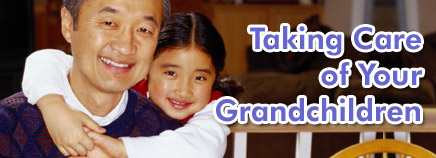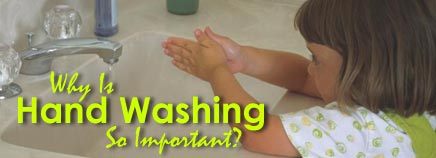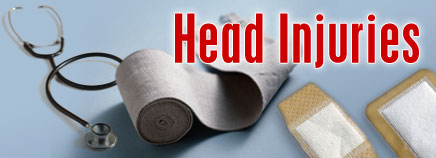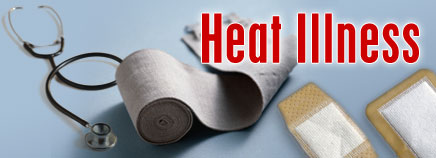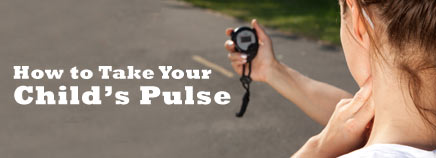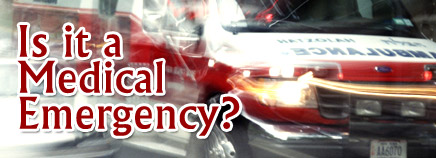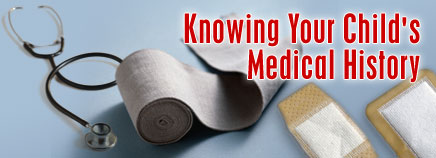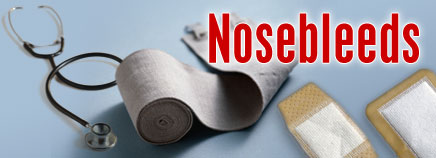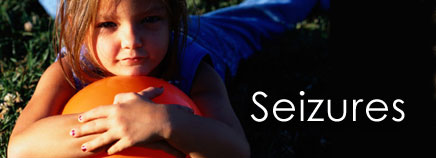When you take care of your grandkids — whether it’s for a few hours or a few days — you’re probably excited to put all of your great parenting experience to good use. But you may want to brush up on a few childcare basics. Government agencies and medical experts …
Walls & Floors, Doors & Windows, Furniture, Stairways: Household Safety Checklist
Walls & Floors Are walls in good condition, with no peeling or cracking paint (which could contain lead in older homes)? Are there any nails in the walls that should be removed? Are mirrors and frames hung securely? Are rugs secured to floors or fitted with anti-slip pads underneath? Doors …
Why Is Hand Washing So Important?
A delicious mud pie, a good-luck rock, a friendly frog — just some of the types of goodies kids love to bring home. But these adorable gifts also can bring millions of germs with them. Kids don’t always listen when parents tell them to wash their hands before eating, after …
Head Injuries
Head injuries fall into two categories: external injuries, usually involving the scalp internal head injuries, which may involve the skull, the blood vessels within the skull, or the brain Fortunately, most childhood falls or blows to the head cause injury to the scalp only. While these can be scary-looking, they usually …
Heat Illness
Our bodies create a tremendous amount of heat. Normally, they’re cooled through sweating and by heat radiating through the skin. But in very hot weather, high humidity, and other conditions, this natural cooling system may begin to fail, letting heat in the body build to dangerous levels. The can cause heat illness, such as heat …
How to Take Your Child’s Pulse
A person’s pulse, or heart rate, is the number of times the heart beats per minute. Taking someone’s pulse can tell doctors important things about his or her health. Heart rate can vary depending on things like a person’s age and level of stress or activity at the time the pulse is …
Is it a Medical Emergency?
Even healthy kids get hurt or sick sometimes. In some cases, you will know that you need to head straight to the emergency room (ER) at the nearest hospital. In other cases, it’s harder to determine whether an injury or illness needs the attention of a medical professional or can …
Knowing Your Child’s Medical History
When providing emergency care, doctors, nurses, and emergency personnel like paramedics will have many questions about a patient’s medical history. And even the most organized parent might not be able to remember the details of a child’s health history in a stressful situation. That’s why it’s important to keep a comprehensive …
Nosebleeds
Nosebleeds are common in kids 3 to 10 years old, and most are caused by nose-picking or dry air. They can be scary, but are rarely cause for alarm. Most will stop on their own and can be easily managed at home. What to Do: Stay calm and reassure your child. Have …
Seizures
Seizures are caused by a sudden surge of electrical activity in the brain. A seizure usually affects how a person looks or acts for a short time. Someone having a seizure might collapse, shake uncontrollably, or even just stare into space. All of these are brief disturbances in brain function, often with …

